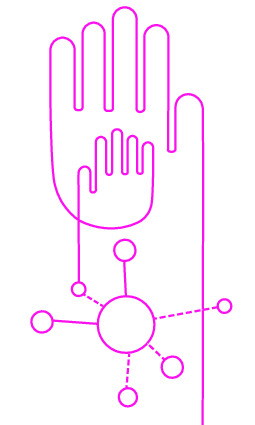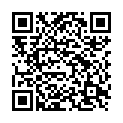|
|
|
| Module code: PdK-403 |
|
|
1V+1PS (2 hours per week) |
|
5 |
| Semester: 4 |
| Mandatory course: yes |
Language of instruction:
German |
Assessment:
Written exam: graded
[updated 01.10.2020]
|
PdK-403 (P322-0151) Childhood Education, Bachelor, ASPO 01.10.2017
, semester 4, mandatory course
PdK-403 (P322-0151) Childhood Education, Bachelor, ASPO 01.10.2019
, semester 4, mandatory course
|
30 class hours (= 22.5 clock hours) over a 15-week period.
The total student study time is 150 hours (equivalent to 5 ECTS credits).
There are therefore 127.5 hours available for class preparation and follow-up work and exam preparation.
|
Recommended prerequisites (modules):
None.
|
Recommended as prerequisite for:
|
Module coordinator:
Prof. Dr. Felix Hörisch |
Lecturer:
Prof. Dr. Dieter Filsinger
[updated 12.09.2018]
|
Learning outcomes:
After successfully completing this course, students will be able to reflect upon social and subject-related developments in a theoretically sound manner.
They will be able to identify social problems and paraphrase issues relating to the heterogeneity of society and individual groups in a theory-based manner.
They will be familiar with central theories on social inequality and can apply this knowledge to questions and tasks related to childhood education.
They will be familiar with concepts on interculturality, "diversity" and heterogeneity including inclusive theories relating to people with disabilities.
[updated 01.10.2020]
|
Module content:
The course introduces social science thought and deals with central terms and theoretical concepts on the macro-, meso- and micro-level such as social action, community and society, role, communication and interaction, group, institution and organisation, social systems, social structure, social space and social integration. Central questions will be the relationships between the individual and society and between structure and action.
_ Theoretical principles
_ Modernization, functional differentiation, social change and social cohesion
_ The social and spatial organization of society
_ Circumstances, living environments and living spaces of children and their families
_ Social inequality and heterogeneity, diversity
_ Generation, biography and curriculum vitae
_ Theories on integration, inclusion and exclusion
[updated 01.10.2020]
|
Teaching methods/Media:
-Lecture
-Oral discussion of module topics (seminar discussion)
-Independent literature studies
-Group work
-Presentations by the students
[updated 01.10.2020]
|
Recommended or required reading:
The most current introductory textbooks and manuals on the social sciences.
[updated 01.10.2020]
|


